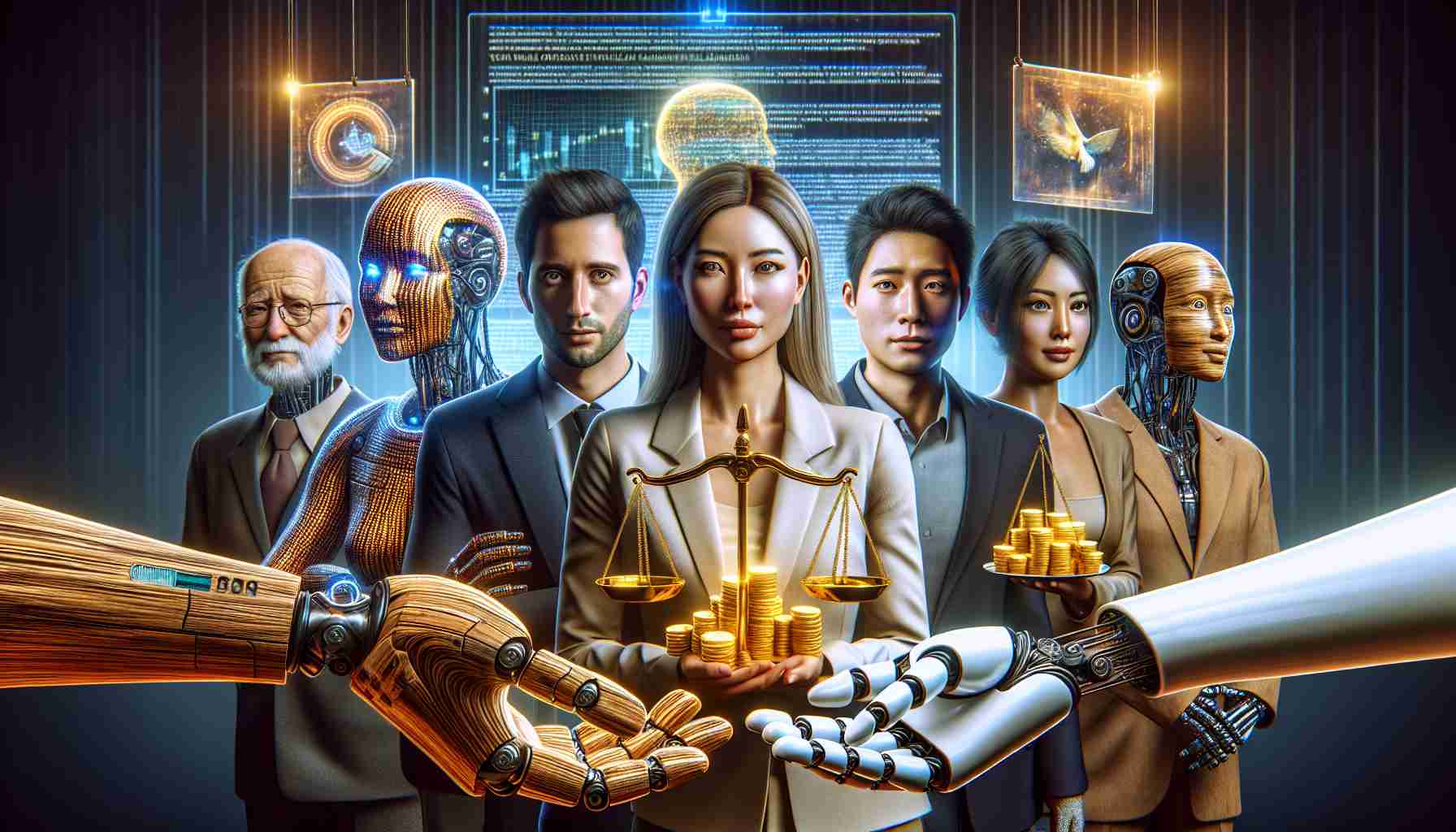In today’s rapidly evolving digital landscape, understanding cloud computing services is essential for businesses and individuals alike. But what exactly are these services, and why have they become so integral to technological advancement?
Cloud computing refers to the delivery of computing services over the internet, or “the cloud.” These services include storage, processing power, databases, networking, software, and more. Instead of relying on local servers or personal computers, businesses and individuals can access resources and applications hosted on remote servers managed by cloud service providers.
One of the main attractions of cloud computing is its flexibility and scalability. Companies can save costs as they only pay for the services they use, whether they’re small startups or large enterprises. This pay-as-you-go model allows for scaling up or down based on demand, which is crucial in maintaining efficiency and managing costs.
Moreover, cloud computing enhances collaboration and accessibility. With data and applications stored in the cloud, users can access them from any device with internet connectivity, fostering real-time collaboration across different locations. This has transformed everyday workflows, enabling a remote and distributed workforce.
Security is another significant aspect. While some may worry about data safety, reputable cloud providers invest heavily in robust security measures, often more advanced than on-premises solutions.
In brief, cloud computing services continue to revolutionize how we interact with technology, offering cost-effectiveness, scalability, accessibility, and enhanced security. As businesses strive to remain competitive, cloud adoption seems not only advantageous but essential for future growth and innovation.
The Hidden Impact of Cloud Computing: Transforming Lives and Economies
In the digital age, cloud computing is more than just a technological advancement—it’s a revolution that permeates industries, reshapes communities, and alters life as we know it. Beyond the flexibility, scalability, and security highlighted in various discussions, this innovation reshapes socioeconomic landscapes globally.
Fueling Economic Growth and Innovation: Cloud computing provides small enterprises with the tools previously reserved for large corporations. This democratization spurs entrepreneurial ventures and innovation, a boon for emerging markets and local economies. Startups can now compete on a global stage without heavy infrastructure investment, creating jobs and enhancing regional economic development.
Environmental Impact: A controversial yet vital aspect is the environmental footprint of cloud data centers. Despite efficiency improvements, these centers require substantial energy. However, many providers are shifting to renewable energy sources to power their facilities, aiming for carbon neutrality. How sustainable this transition will be remains a hot debate among experts and activists alike.
Data Sovereignty and Privacy Concerns: As data laws evolve, nations grapple with the implications of storing citizen information on servers in foreign countries. This raises questions about data sovereignty and privacy, potentially causing geopolitical tensions as countries set boundaries on how cloud services are accessed.
For more insights into cloud computing, visit Amazon Web Services and Microsoft.
In conclusion, while cloud computing provides immense benefits, its broader effects on economies, the environment, and governance structures warrant close examination, ensuring that this technological leap genuinely serves humanity’s best interests.






















